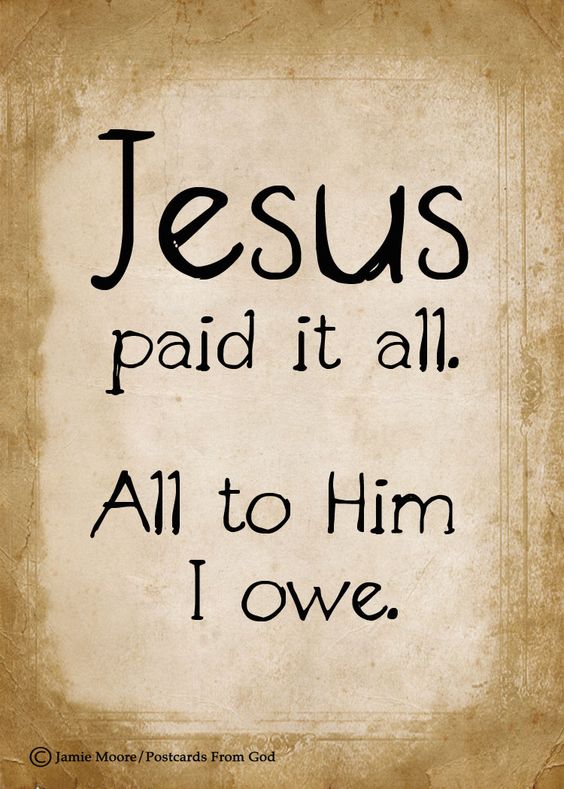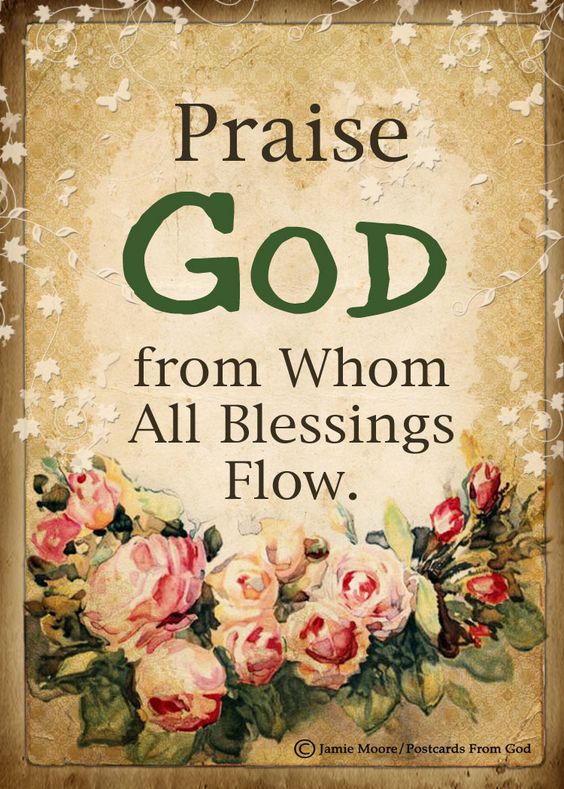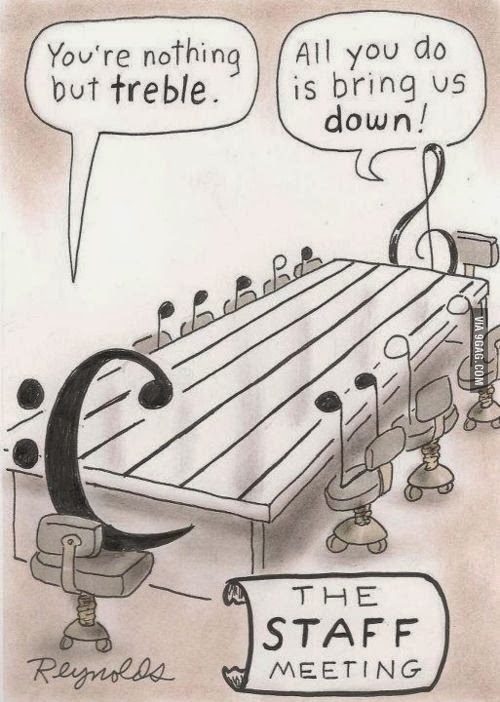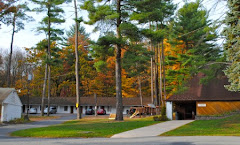It is interesting how some hymns bring back unusual memories. Whenever I hear this week's hymn I picture some experiences that I had when I was a youngster, probably about 65 years ago. During those years we attended an annual church camp meeting in Allentown. About once a year they would hold what they called a "table offering" during a service and all of those who wanted to give an offering would march up front, in a line, and place their offering on the table. And while this was being done they would sing and play "We're Marching To Zion". I still don't know what the purpose of this tradition was but it was unusual and fortunately, at least in my opinion, soon eliminated. But as I searched the history of this hymn it also brought to my mind something that I have observed in churches during the last 20 or so years - the controversy of hymns versus praise songs. Unfortunately, this difference has created many problems in many churches and probably is still a sore point with some folks. People have even left churches because of this difference in opinion. During the 17th and 18th centuries the music problem that stirred many congregations was should we sing Psalms or should we sing hymns in church services. It is said that tempers actually frequently flared and some churches actually split in the heat of the decidedly inharmonious musical conflict. But in some churches a compromise was reached and they decided to sing Psalms at the beginning of their service and then after the preaching, they would sing hymns. Many people who were still against the hymns would get up and leave the service at this time in protest. Isaac Watts (1674-1748) was the lifelong champion of the "humanly composed" hymn and he may have written this hymn to refute his critics, who termed his hymns "Watts' Whims." This hymn first appeared in 1707 and was titled "Heavenly Joy on Earth." Some think he wrote this hymn to refute this practice of people walking out during the hymn singing. Read the words, especially stanza two, and you might understand the author's indictment of those people who he says "refuse to sing. Now I don't know if this is true or not, but it certainly could be. It was later put to music by the American gospel composer Robert Lowry (1826-1899). Some also think the hymn was written from the point of view of those Israelites who had been taken captive into a foreign land. They are so mournful and depressed that they hang their harps in the poplars. and wonder, "Will we ever be able to sing the songs of Zion?" Their captors mocked them and made fun of them urging them to sing the songs of Zion, but they could not. Once again I don't know if this opinion is true. But it is an inspiring song that reminds us of a time when we will be at home in heaven and singing praises around the throne of God. And on this journey God provides "sacred sweets" before we reach the "heavenly fields." Those "sacred sweets" are the daily blessings we receive while on earth. Another day of life. Another day to share with one another. What a great hymn of hope and anticipation. Sing it joyfully and enthusiastically this week.
1. Come, we that love the Lord,
and let our joys be known;
join in a song with sweet accord,
join in a song with sweet accord
and thus surround the throne,
and thus surround the throne.
We're marching to Zion,
beautiful, beautiful Zion;
we're marching upward to Zion,
the beautiful city of God.
2. Let those refuse to sing
who never knew our God;
but children of the heavenly King,
but children of the heavenly King
may speak their joys abroad,
may speak their joys abroad.
We're marching to Zion,
beautiful, beautiful Zion;
we're marching upward to Zion,
the beautiful city of God
3. The hill of Zion yields
a thousand sacred sweets
before we reach the heavenly fields,
before we reach the heavenly fields,
or walk the golden streets,
or walk the golden streets.
We're marching to Zion,
beautiful, beautiful Zion;
we're marching upward to Zion,
the beautiful city of God
4. Then let our songs abound,
and every tear be dry;
we're marching through Emmanuel's ground,
we're marching through Emmanuel's ground,
to fairer worlds on high,
to fairer worlds on high.
We're marching to Zion,
beautiful, beautiful Zion;
we're marching upward to Zion,
the beautiful city of God
You can listen to it here. LISTEN














1 comment:
Very pertinent comments. I don't have a gift for music but being brought up as a Lutheran loved hymns but also the paintings to illustrate daily Bible lessons in parochial school. I do struggle with my training in art and the writings on idolatry being statues though I am a painter. I think of Peter's vision of things that God has called clean after Jesus' incarnation and John's writing of the many things Jesus did that were not written in John's Gospel.
Post a Comment